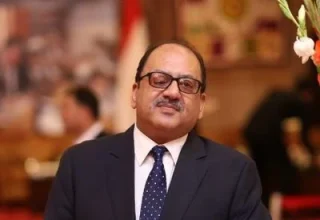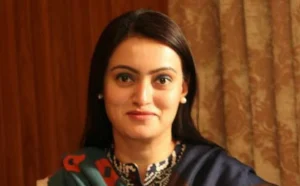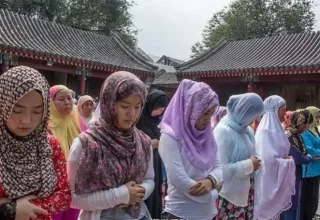As of now, plenty of legislations have been done to prevent child marriages and highlight the issue across Pakistan. The Child Marriage Restrain Act, 1929, was the first legal act which is applied in Pakistan. It decides the ages of a couple for marriage. As per the act, the age for marriages are 16 and 18 for females and males respectively. But in 2014, Sindh adopted its own “Sindh Child Marriage Restraint, Act, 2014” which declared 18 as the marriage age for both the genders. The act also mentioned punishments for male which may extend to three years of rigorous imprisonment and not less than two years if he married below the due age. It is, in fact, a great initiative to prevent child marriages.
After Sindh, Punjab amended the Child ordinance, 1970, and passed its own Punjab Marriage Restraint Act, 2015. In this Act, ages were the same but only punishments were increased. According to Paul and Chouhan, (2019), about one-third of Pakistani women, between the ages of 15 and 24, say they have experienced domestic violence by their husbands. Effective intervention is needed to prevent children from getting married and to raise awareness of their negative effects, especially spousal violence.
Furthermore, Khyber Pakhtunkhwa passed a bill on Child Marriage Restraint bill in 2016, but unfortunately, the bill was not passed in the assembly. Some communities did not increase the age of a girl child officially.
However, in Balochistan still the 1929’s Child Marriage Restraint Act is applicable. The provincial government in Balochistan have not made any better laws to prevent the child marriages thus far, even though it has the most number of child marriages in Pakistan. According to a report, Makran, a southern division of Balochistan that topped educationally across the province, leads the cases of child marriages which is not a positive sign.
In 2016, Balochistan Assembly passed the Child Protection Act that covers the protection from physical and mental abuse of children, but it did not mention about child marriage prevention. It looks like the political leaders are not taking this issue seriously.
Factually, Balochistan has the highest maternal mortality rate in Pakistan. Many young girls are victims of ‘forceful’ child marriages and the impact after marriages are so serious. But unfortunately, there are no such laws to save them from such matrimonies. The government bodies are also not making any proper law on this issue.
On the other hand, Islamabad High Court calls for ban on the marriages below the age of 18 in the ongoing year’s March 1. Although the step is laudable but it still remains to see if it takes root among the masses there.
Apart from these national legislations, there are some conventions which restraint the child marriages. Pakistan is signatory of many such conventions which are Child Rights Convention (1989), Universal Declaration of Human Rights (1948), United Nations International Children’s Emergency Fund, (UNICEF), Consent, Minimum Age and Marriage Registration Convention 1962 (Pakistan has not rectified this convention yet).
The United Nations International Children’s Emergency Fund (UNICEF) said clearly that marriage under 18 is the violation of child’s right. Others have the same argument. Child Rights Convention (1989) does not directly mention the child marriage, but it clearly prevents and protects the child from discrimination or punishments on the basis of their status. It talks about the right to education and life of children and many other basic rights of children.
Universal Declaration of Human Rights (1948) and Consent, Minimum Age and Marriage Registration Convention (1962) say about the free and full consent of both parties in marriage. Pakistan has not rectified the Consent, Minimum Age and Marriage Registration Convention but it contains great provisions of marriage registration and consent of the parties. Children’s consent is not taken in many places such as decision-making. Even when a child commits any offense then he is sent to juvenile jail and not other jail. They cannot even enter into any contract when they are under the majority age. So, their consent in marriage contract is necessary and it must be asked at the time of marriage.
Pakistan needs to come on the practical page to resolve the very concerning child marriages – specifically the forceful ones – which are ruining the lives of the younger generations. Instead of marriages in such ages, these children should be sent to school so that they may better contribute for themselves and their nations in higher forums.






















